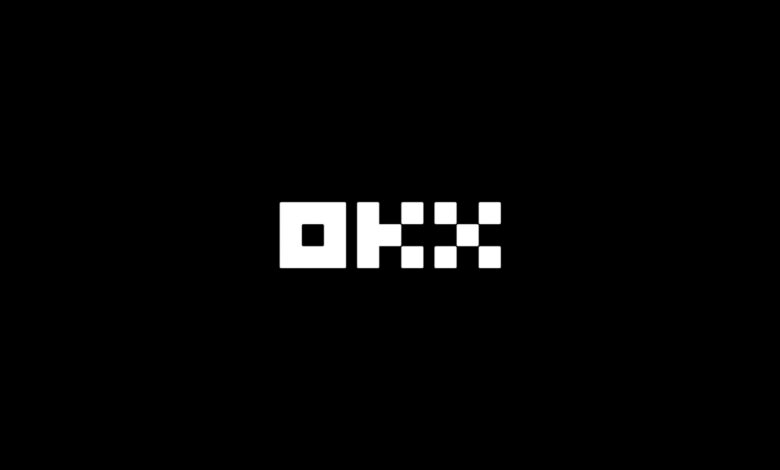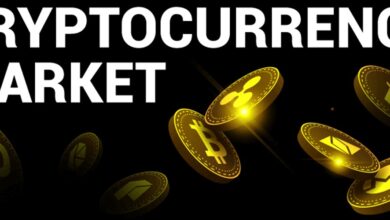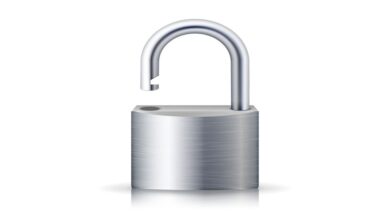
OKX, a cryptocurrency exchange, has initiated a service upgrade for its decentralized exchange (DEX) platform, temporarily suspending its DEX aggregator trading service.
The crypto exchange noted they are taking this step after talking to regulators to make sure everything is safe and legal. We’re pausing the aggregator to ensure safety while we update the rules.
This means users can’t access it currently, and any orders placed through it will be canceled. “We don’t know exactly when it’ll be back, but we’ll let you know. You can still trade using other ways, and other OKX services are working fine. Your money is safe.”
OKX Dex Suspension Aligns with Market Trends
This proactive approach to compliance reflects a broader trend within the cryptocurrency industry. Past regulatory interventions have frequently resulted in similar service suspensions, highlighting a strategic shift towards preventative compliance measures.
Experts largely view such temporary suspensions as prudent, minimizing potential long-term market disruptions. Indeed, strengthened regulatory alignment fosters investor confidence and operational stability. OKX’s transparency in communicating this upgrade further reinforces its commitment to adhering to evolving regulatory standards.
The immediate market impact of the OKX DEX suspension appears minimal, with cryptocurrency prices exhibiting varied movements reflective of pre-existing market trends. Analysts attribute this muted response to the temporary nature of the suspension and the availability of alternative trading avenues.
However, the incident highlights the increasing influence of regulatory shifts on decentralized platforms. Robust compliance frameworks are increasingly viewed as crucial for mitigating risks and ensuring the sustainable growth of the cryptocurrency sector.
Regulators Probe OKX for Crypto Laundering
The problem is worse because European regulators are looking closely at OKX’s Web3 platform after the Bybit hack. They’re checking if OKX’s platform needs to follow EU crypto rules (MiCA).
The central question is whether MiCA should regulate OKX’s Web3 service and impose penalties, given its connection to the regular exchange. Austria and Croatia argue for regulation due to this connection.
Notably, this stems from approximately $100 million in stolen Ether, allegedly originating from North Korean hackers, potentially being laundered through decentralized finance, possibly using OKX’s Web3 platform.
OKX says it had nothing to do with the money laundering, saying it worked with Bybit to find and block the related accounts. OKX says its Web3 service is just a wallet tool to help users and is separate from its main exchange and its Singaporean bank regulations.





















































